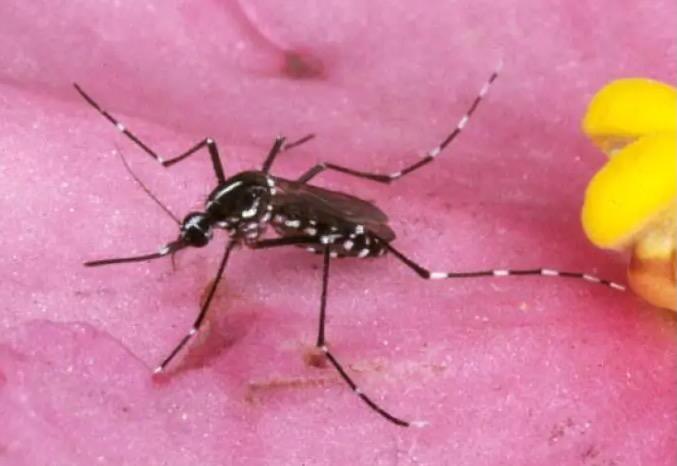Scientists at Melbourne’s biotechnology company AdAlta and LaTrobe University have achieved a “groundbreaking” milestone for malaria.
They discovered a molecule, known as i-body, which mimics the properties of an antibody. This i-body can block malaria parasites from invading red blood cells and liver cells.





